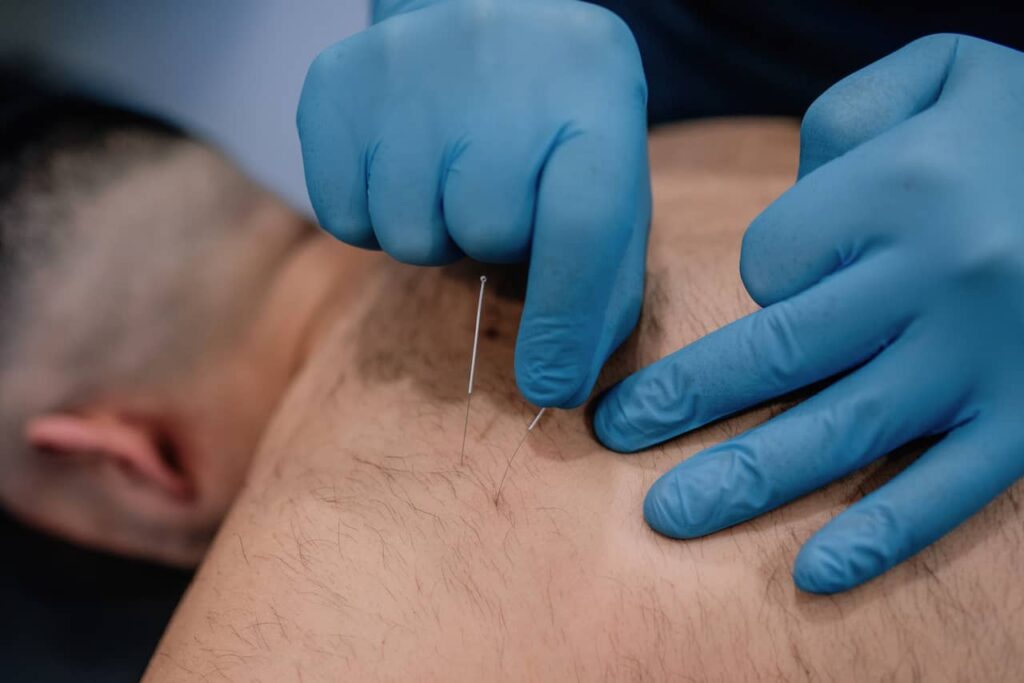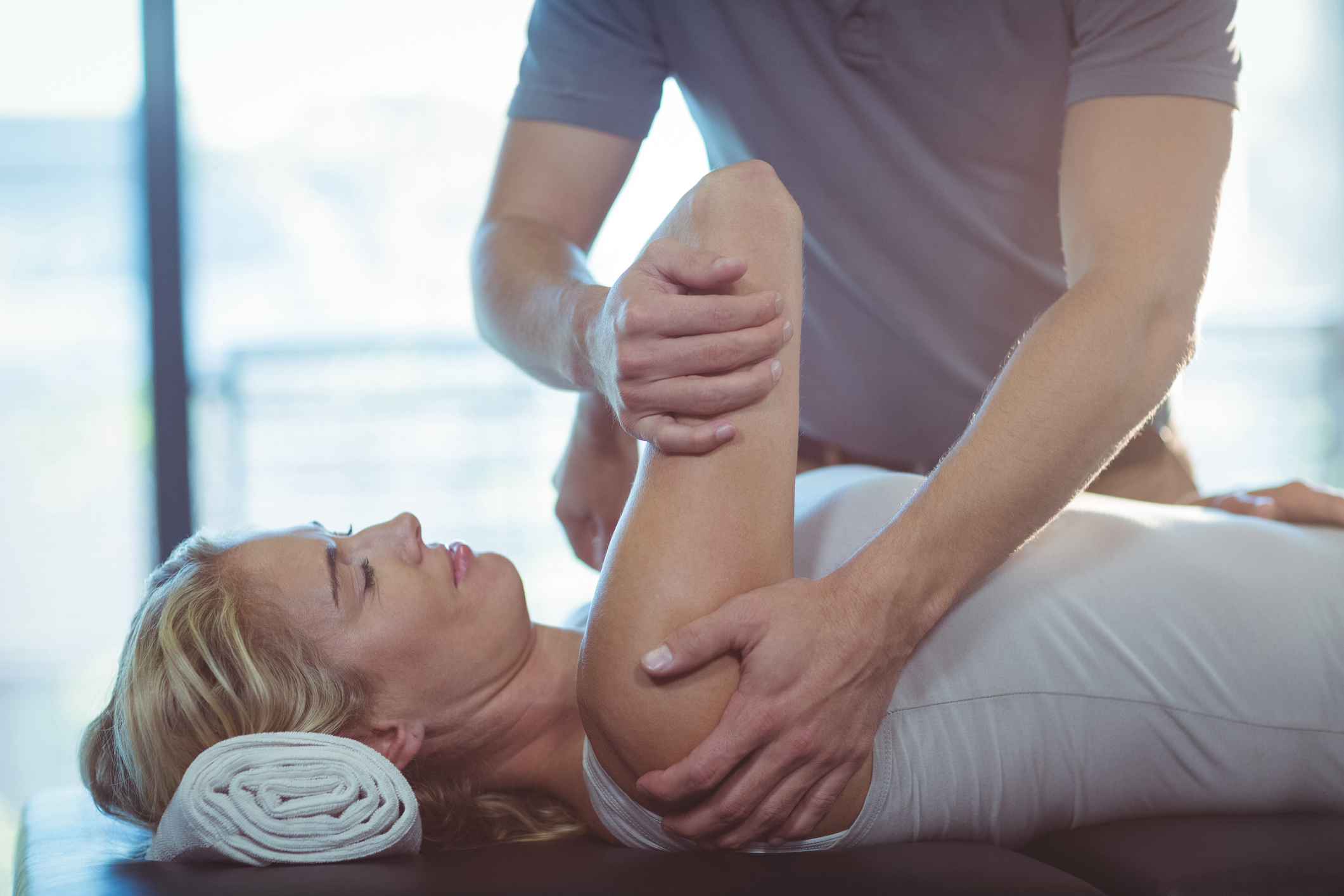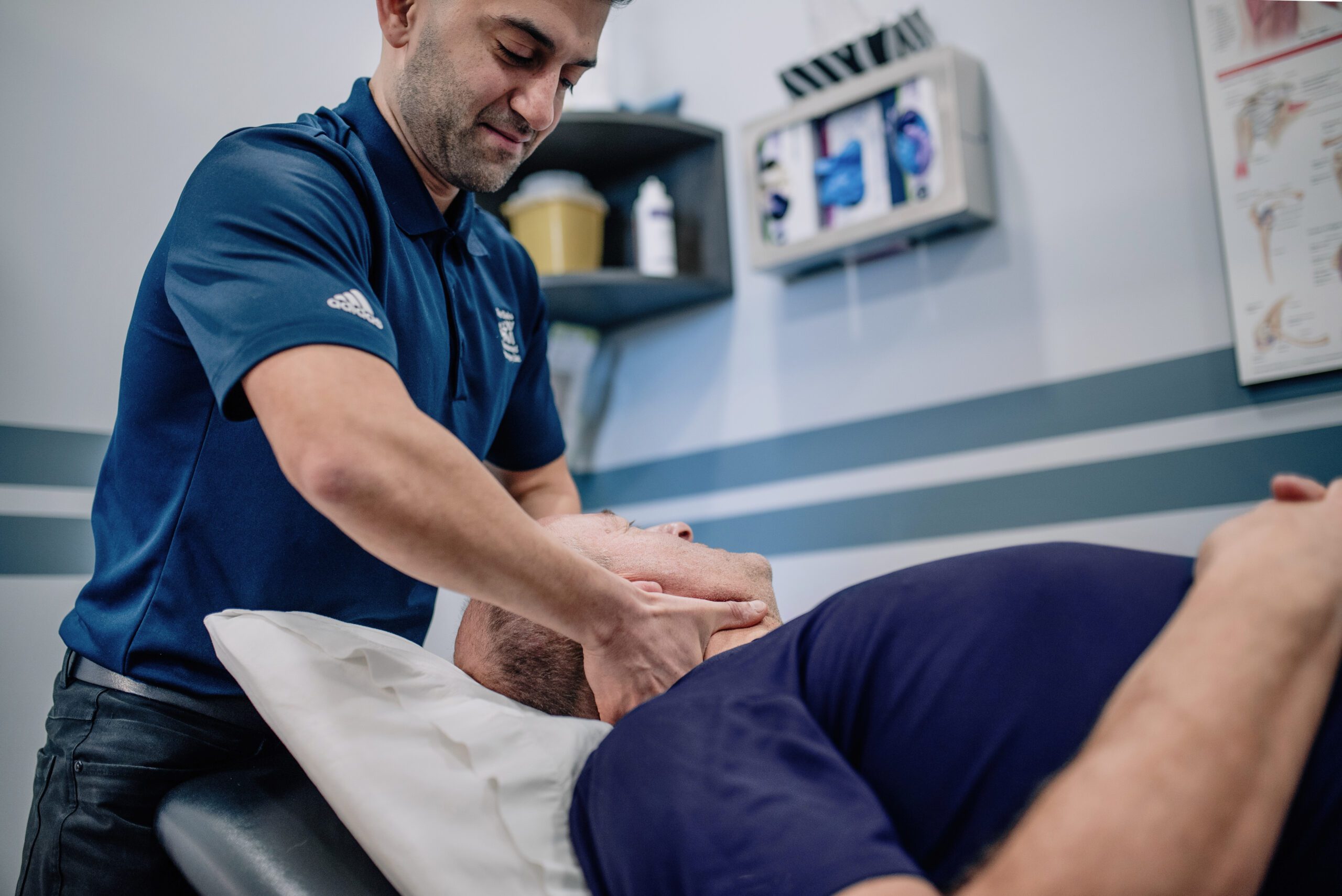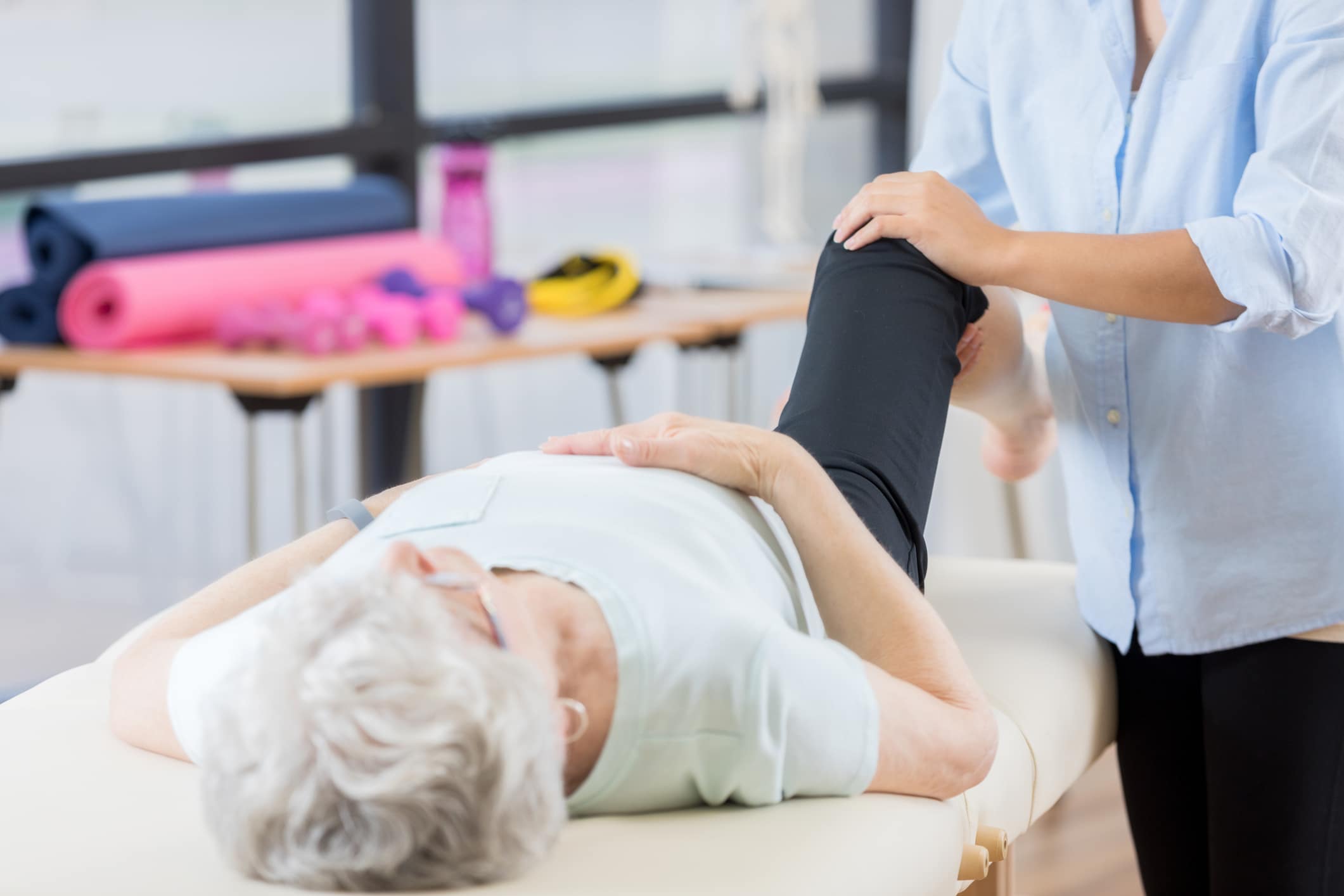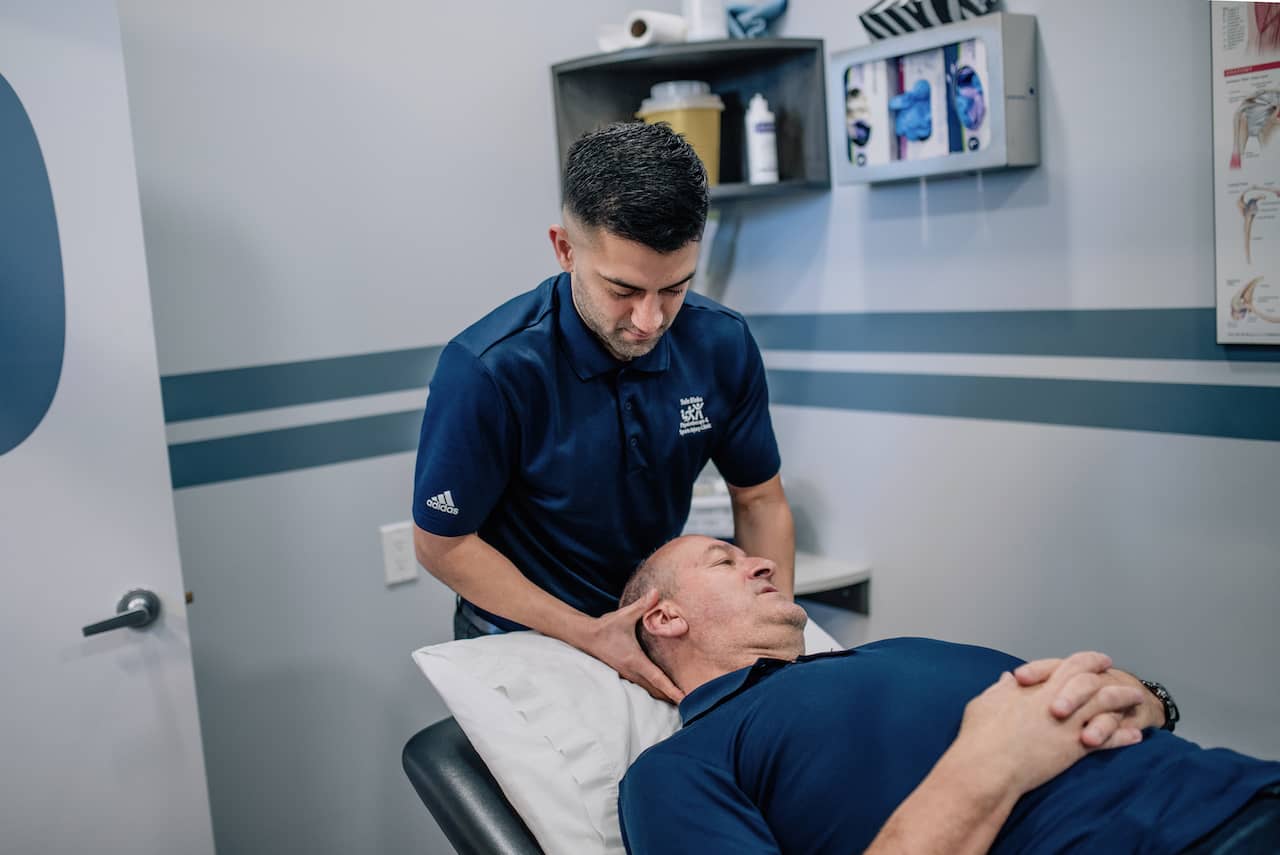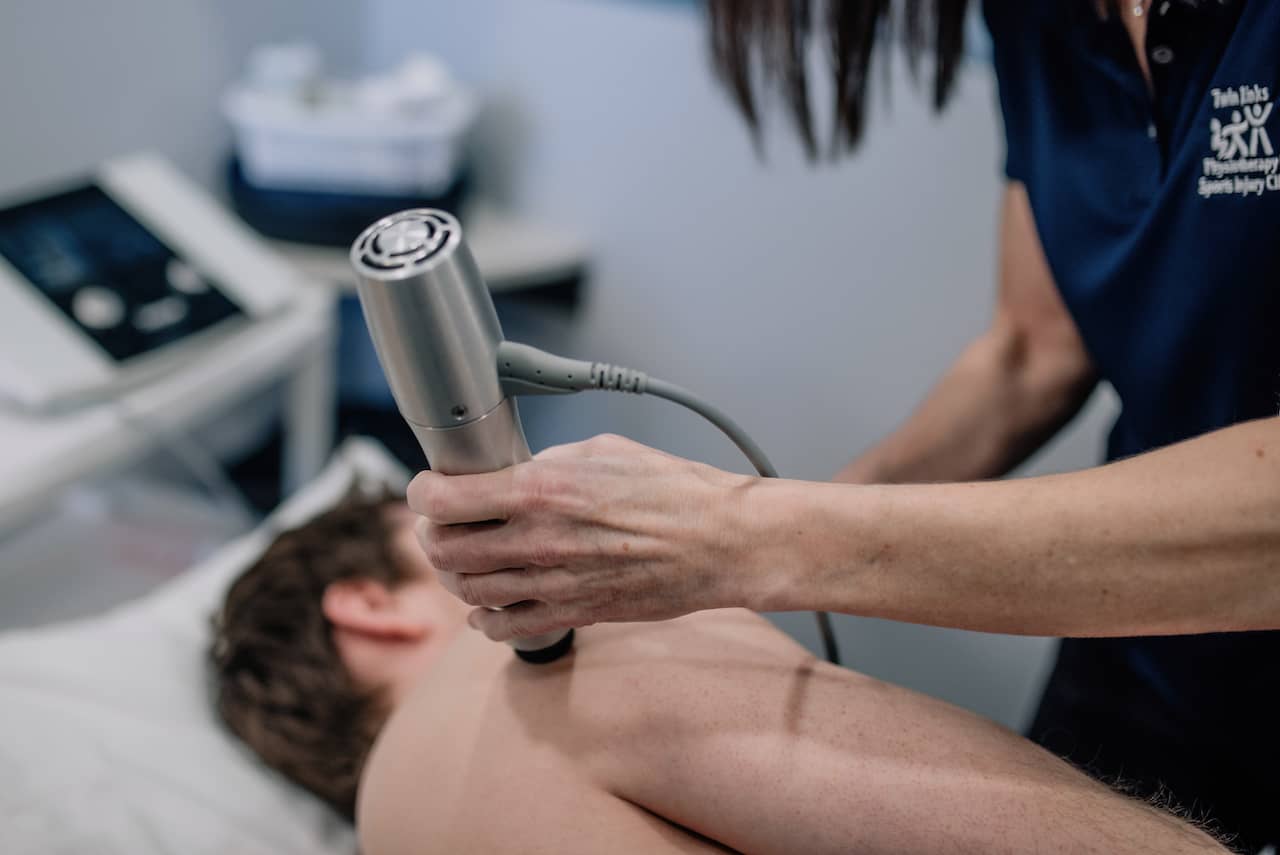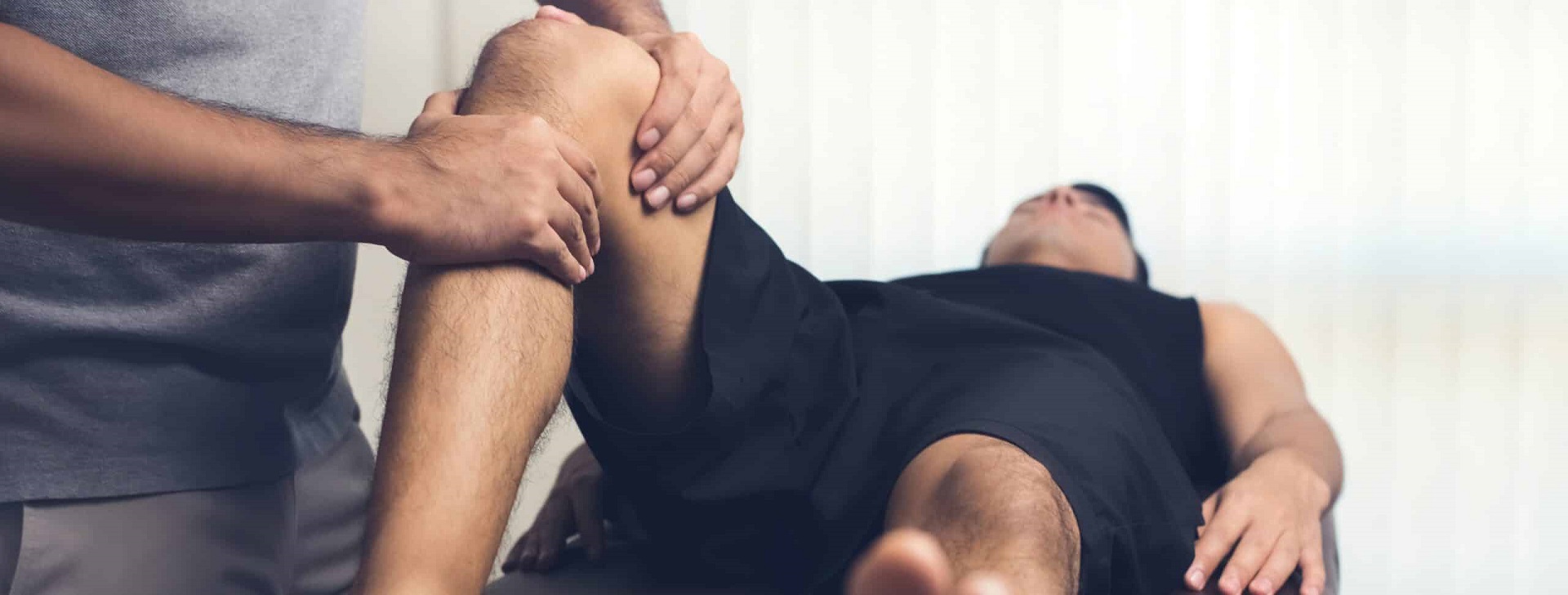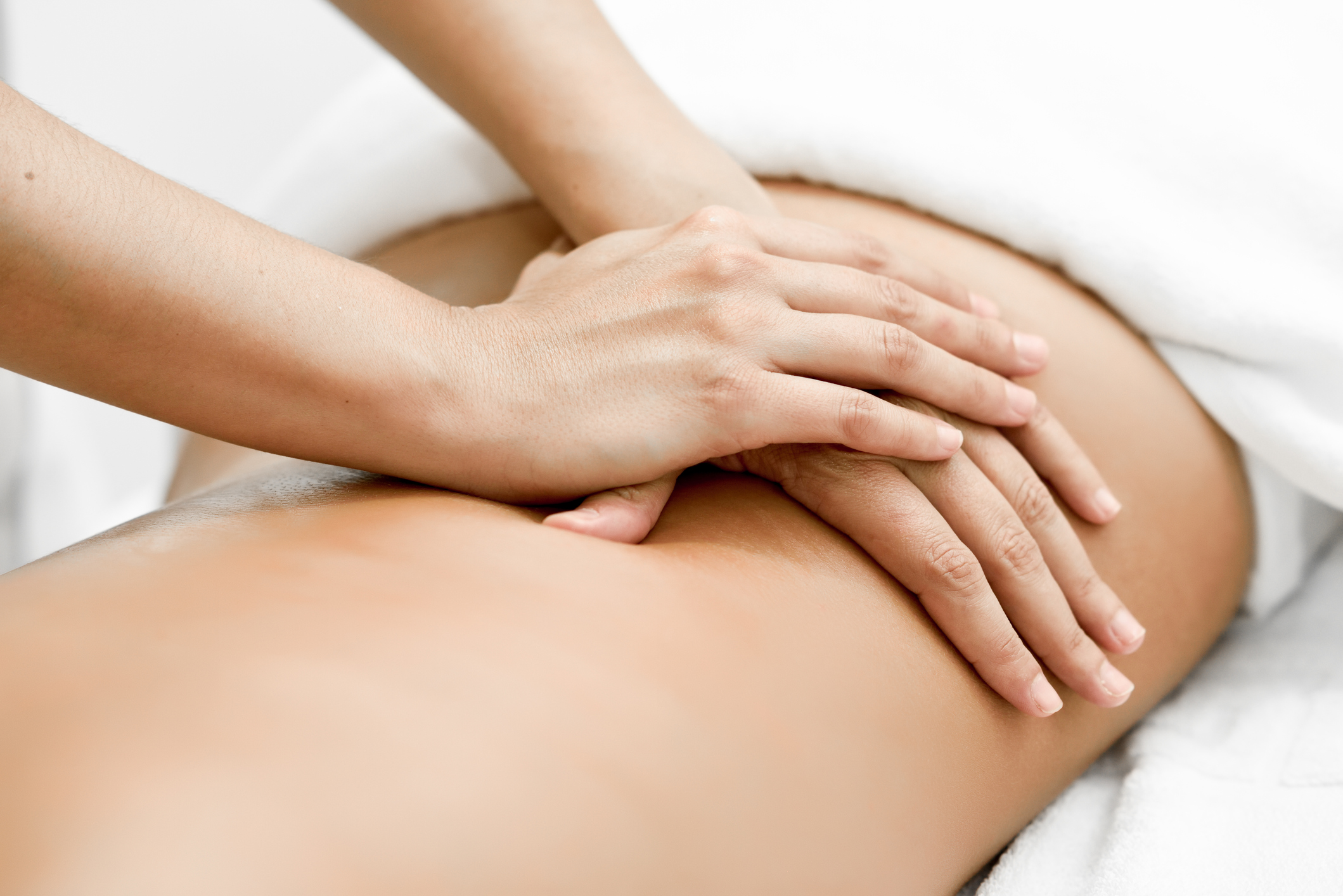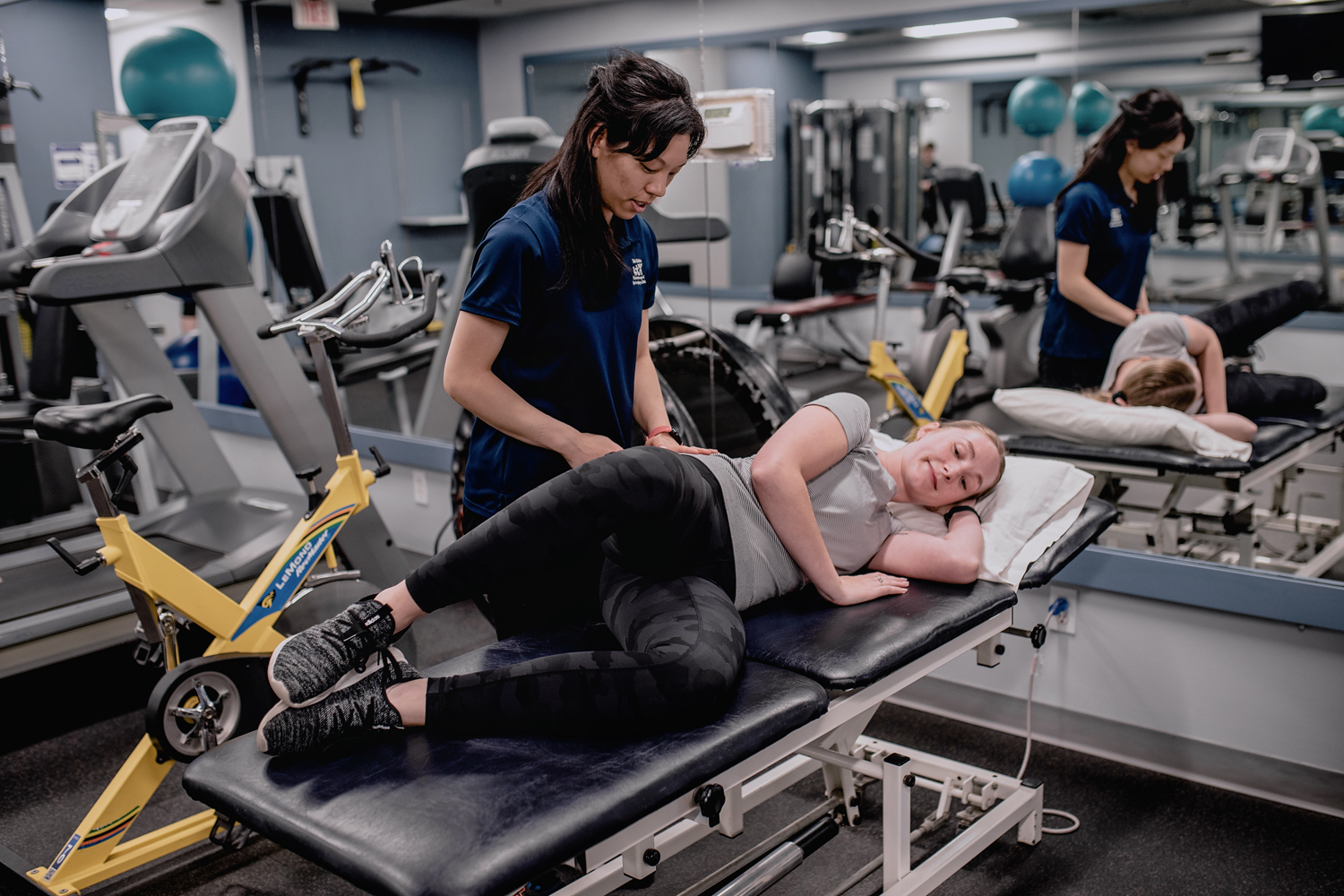Relieve Muscle Pain and Tension
IMS Langley
Intramuscular Stimulation (IMS) is a highly effective treatment for pain of neuropathic origin offered by Twin Rinks Physiotherapy in Langley. This technique involves the use of needles, similar to those used in acupuncture, to locate and diagnose muscle shortening in deep muscles. IMS is a low-risk treatment option with few side-effects. When muscles become shortened, they can cause tension or pain in other muscles and tissues. IMS directly addresses the root cause of the pain by relaxing the shortened muscle and allowing it to return to its normal state.
Does It Hurt?
IMS uses very fine acupuncture needles that are inserted into the shortened muscle at points where it is tight. The insertion may not even be felt, and if the muscle is normal, the needle should not cause any pain. However, if the muscle is very sensitive and shortened, a distinctive sensation may be felt, similar to a muscle cramp or Charlie Horse. This discomfort is caused by the muscle grasping the needles and is often referred to as a “good” or positive pain because it is temporary and followed by a feeling of relief. The needling causes the abnormal muscle shortening to intensify and then release.
How Many Treatments Are Required?
The effects of IMS are cumulative and build up over time. The number of treatments required will depend on the duration and severity of the condition, the amount of scar tissue present, and the body’s ability to heal. In some cases, only one treatment may be necessary. Studies have shown that the average number of IMS treatments required for lower back pain is 8,2.
Why is IMS a Good Choice?
Supersensitivity and muscle shortening cannot be surgically removed, and painkillers only mask the pain. IMS targets the underlying cause of the pain by releasing muscle shortening that puts pressure on and irritates nerves. It can also help desensitize over sensitive areas and release the persistent pull of shortened muscles. If you are experiencing muscle tension or pain of neuropathic origin, consider speaking with a physiotherapist about IMS as a potential treatment option.”

